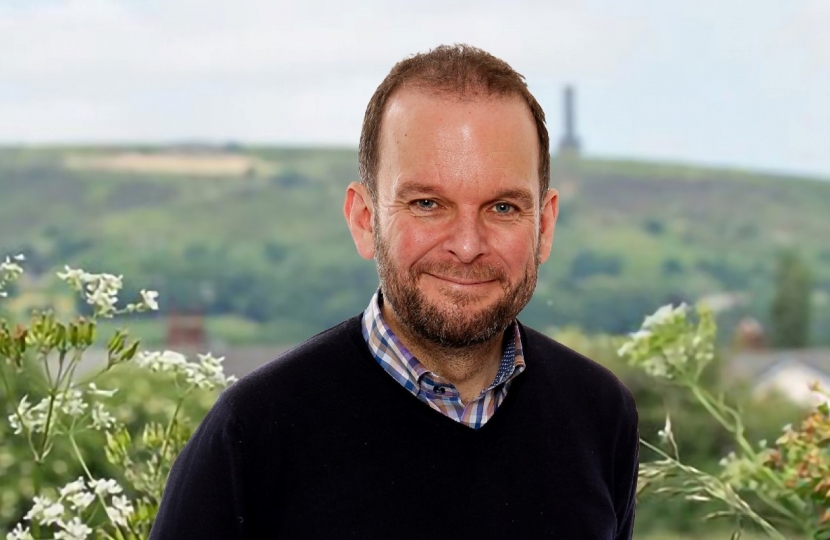
The Secretary of State for Health, together with the Joint Biodiversity Centre (JBC), the Chief Medical Officer (CMO) for England and local leaders have agreed changes to the local coronavirus restrictions in some parts of the country. These measures will deliver a more targeted intervention in boroughs such as Oldham, with high infection rates, allowing further restrictions to be imposed if necessary. However, in areas such as Wigan, Rossendale and Darwen which have a decreasing infection rate, this has allowed restrictions to be removed completely.
The present COVID-19 restriction impacting Bury, regarding household gatherings, remains in place for a further week due to an increase in new COVID-19 cases but will be reviewed again in seven days.
Bury North MP, James Daly comments: “I am pleased with the Government’s announcement of a new approach to address COVID-19 restrictions”
“A consensus between local leaderships and MP’s can recommend to the government going forward, the appropriate ward or geographic area where restrictions are needed.”
Mr Daly has called for this targeted approach for a number of weeks and comments, “ I am pleased that the position I have campaigned for is now supported by politicians such as the Mayor of Greater Manchester, who recently described it as “impossible”.
The new model allows coronavirus to be assessed on a ward by ward basis rather than the Greater Manchester blanket approach, previously advocated by Andy Burnham.
Mr Daly further commented, “within the borough of Bury there may be wards or specific geographic locations where targeted support is needed, but there also may be areas where there are low infection rates and it is entirely correct that local leaders, including Members of Parliament, have the opportunity to recommend to the Secretary of State that present restrictions can be lifted in these locations.”
“It is important that we act constructively and responsibly together to ensure our residents are protected but restrictions are only imposed in areas where they are necessary. This will involve detailed analysis of track and trace together with other relevant clinical evidence.”
Matt Hancock, The Secretary of State for health commented, “ our approach is to make the action we take as targeted as possible, with the maximum possible local consensus…this will allow local councils to focus resources onto the wards which need more targeted intervention in order to drive infection rates down.”




